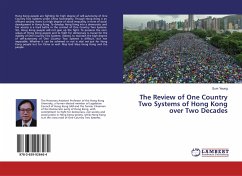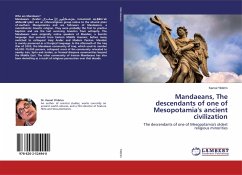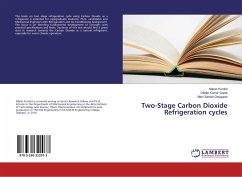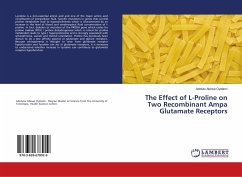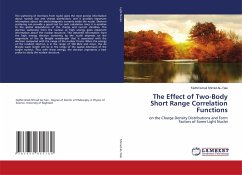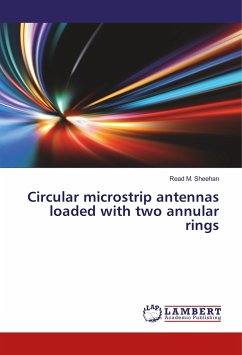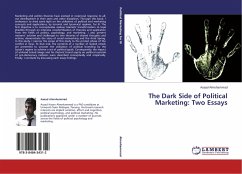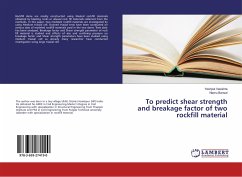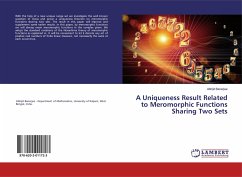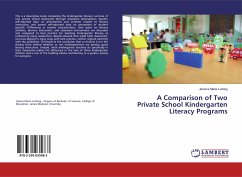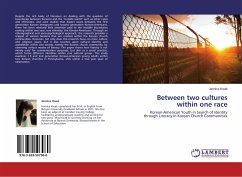
Between two cultures within one race
Korean-American Youth in Search of Identity through Literacy in Korean Church Communities
Versandkostenfrei!
Versandfertig in 6-10 Tagen
27,99 €
inkl. MwSt.

PAYBACK Punkte
14 °P sammeln!
Despite the rich body of literature on dealing with the question of boundaries between Koreans and the "outside world" such as other races and ethnicities, and even studies that dissect issues between the first generation Korean immigrants and second generation Korean-Americans, there has been relatively little attention paid to the invisible boundaries existing within one race, one ethnicity: the Korean-Americans. Through an ethnographical and socio-psychological approach, the research provides a snippet of various tensions that are created within the Korean church communities. However, not o...
Despite the rich body of literature on dealing with the question of boundaries between Koreans and the "outside world" such as other races and ethnicities, and even studies that dissect issues between the first generation Korean immigrants and second generation Korean-Americans, there has been relatively little attention paid to the invisible boundaries existing within one race, one ethnicity: the Korean-Americans. Through an ethnographical and socio-psychological approach, the research provides a snippet of various tensions that are created within the Korean church communities. However, not only does this research focus on mere culture and religious issues, but it also touches upon cultural identity and assimilation within one society, namely the Korean church community, by observing various modes of literacy. The paper shows how literacy is not merely used for communication purposes, but also as a social practice, which forms different identities within one cultural group. Thisstudy examines 1.5 and 2nd generation Korean-American young adults within two Korean churches in Pennsylvania, USA within a two year span of observation.



